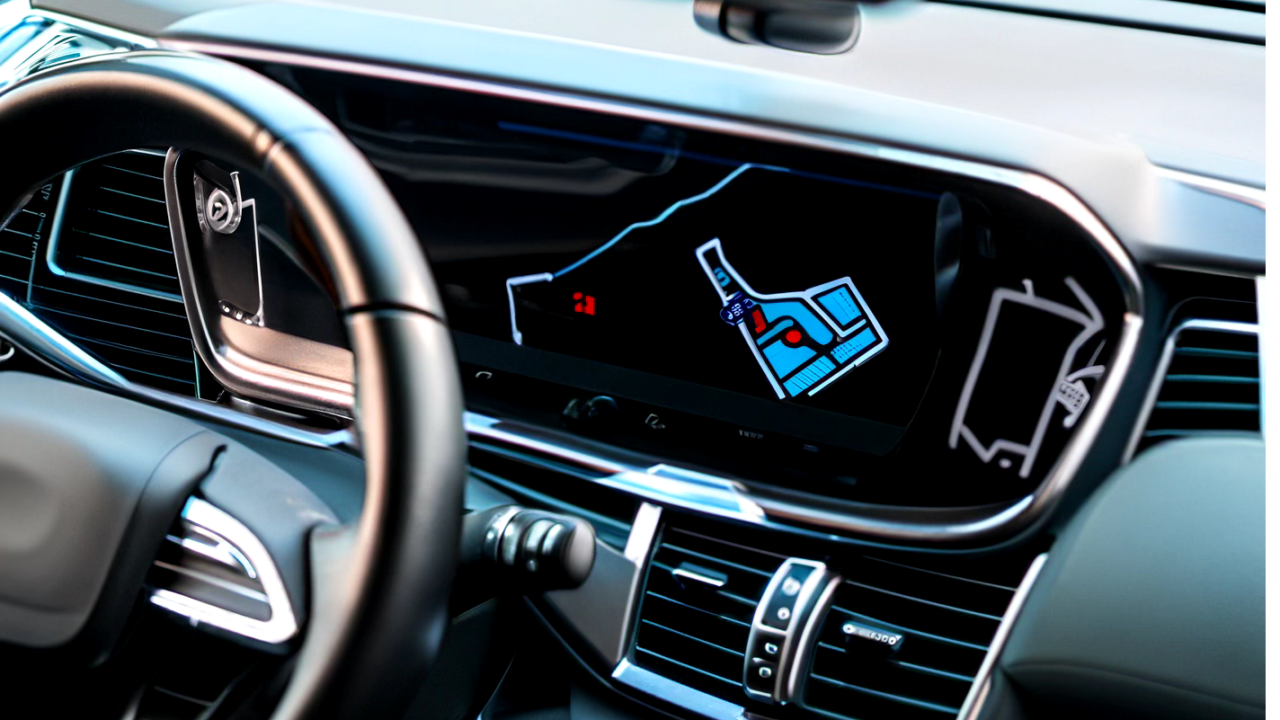In today’s world, GPS, or Global Positioning System, is an integral part of our daily lives. We rely on it for navigating unfamiliar roads, finding nearby restaurants, tracking our fitness, and even playing location-based games. But the story of GPS is not just about convenient navigation; it’s a remarkable journey from its origins as a top-secret military tool to becoming an indispensable everyday navigational aid. In this blog post, we will unravel the fascinating evolution of GPS and how it has transformed the way we navigate the world.
The Genesis of GPS
The birth of GPS can be traced back to the Cold War era when the United States Department of Defense sought a reliable and precise navigation system for its military operations. In the late 1950s, the U.S. Navy launched Transit, the first satellite navigation system, which provided limited accuracy but laid the groundwork for what would eventually become GPS.

The Revolutionary Space Age Navigation
The turning point came in the 1970s with the development and deployment of the Navstar GPS, the system we now know as GPS. Consisting of a constellation of satellites orbiting Earth, GPS provided unprecedented accuracy and reliability in determining one’s precise location anywhere on the planet.
GPS Goes Public
In a significant shift, the U.S. government made GPS accessible to civilians in the 1980s. Initially, the civilian signal was intentionally degraded for national security reasons, but in 2000, it was opened up for full civilian use, marking a pivotal moment in the technology’s history.

GPS in Everyday Life
The public release of GPS ignited an explosion of innovation. GPS technology found its way into cars, smartphones, fitness trackers, and more. Suddenly, people could navigate with pinpoint accuracy, making road trips easier, hiking adventures safer, and even finding your favorite coffee shop a breeze.
Economic Impact and Industry Growth
The widespread adoption of GPS technology has not only transformed how we navigate but also had a profound economic impact. Entire industries, such as ride-sharing, logistics, and geospatial analytics, rely on GPS for their operations. It has opened the doors to countless business opportunities and efficiencies.

Beyond Earth: GPS in Space Exploration
GPS has expanded beyond Earth, becoming an indispensable tool for space exploration. Spacecrafts like the Mars rovers and the International Space Station use GPS to determine their positions and navigate in space, demonstrating the versatility and adaptability of this technology.
The Future of GPS
The story of GPS is far from over. Continuous advancements, such as the development of more accurate and robust signals, improved satellite constellations, and the integration of GPS with other emerging technologies like 5G and autonomous vehicles, promise to shape the future of navigation even further.

From its origins as a classified military project to becoming an integral part of our daily lives, the evolution of GPS is a testament to human ingenuity and innovation. Today, GPS is not just a navigational aid but a cornerstone of modern civilization, connecting people, businesses, and even spacecraft. As we continue to push the boundaries of what GPS can do, one thing is certain: it will remain an essential tool that guides us through the ever-changing landscape of the 21st century.
By Stanislav Kondrashov



